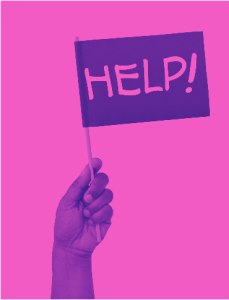Okay, all you clever wordsmiths out there, I need some help!
I am looking for a new word to describe what I do.
I teach negotiation skills to government and industry, I consult on client-led negotiations, I coach leaders in conflict resolution, and I help boards and leadership teams stop paying lip-service to collaboration and actually agree things and commit to action.
I am all about negotiation, mediation and facilitation – I do it and I teach it.
So here is the problem … for years I have been using the word consensus as a defining word for my expertise. My strapline is “because consensus doesn’t just happen”.
But sometimes the word consensus isn’t quite right because it can be confused with unanimity. Where unanimity requires complete agreement without dissent, consensus involves finding common ground and reaching agreement even if there are lingering reservations.
So, help me out. Do I go on a crusade educating people that consensus does not mean unanimity? Or do I find a new word?
If the latter, I am playing with confluence (which I love it but it’s a bit highbrow) and alignment (which I think might be a bit meh but is more relatable). Any ideas?
I am also about to start a series of free webinars (more about that later) that I had titled “Conversations on Consensus” – if I ditch consensus, I’ll need rename the webinar series!
What do you think? All suggestions welcome.

